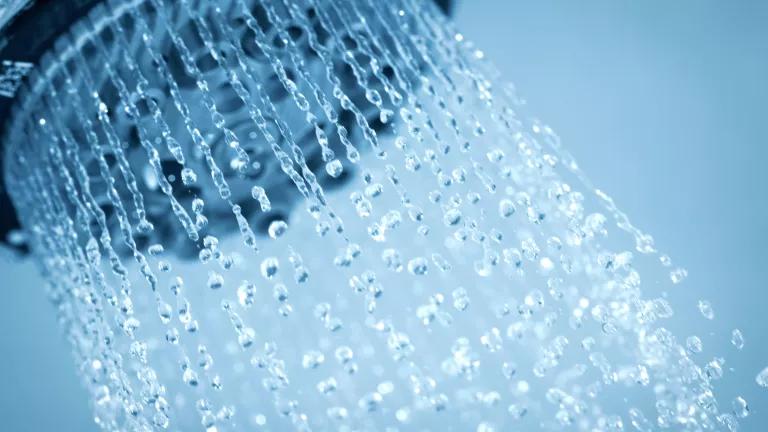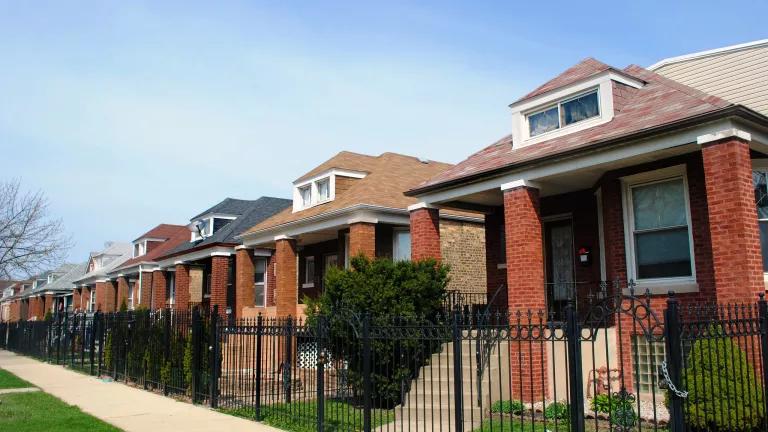NRDC and Partners Sue the Trump Administration for Failing to Update Dozens of Energy Efficiency Standards
The Energy Department has failed to meet its legal requirements to update standards for both household and commercial appliances, costing consumers and businesses billions of dollars and the climate millions of tons in carbon pollution—and placing the highest burden on low-income communities.

The Energy Department has failed to meet its legal requirements to update standards for both household and commercial appliances, costing consumers and businesses billions of dollars and the climate millions of tons in carbon pollution—and placing the highest burden on low-income communities.
A coalition of environmental and consumer protection groups, including NRDC, recently sued the U.S. Department of Energy for refusing to review and update 25 energy efficiency standards that apply to a number of common household appliances such as microwaves, dishwashers, furnaces, washers, and dryers, as well as commercial equipment like refrigeration and large air conditioners.
“It’s always been extremely important that these cases go forward no matter the outcome of the presidential election,” says NRDC attorney Jared Knicley. “The Trump administration’s abject failures on energy efficiency policy do not disappear when President-elect Biden is sworn in. The consumer, economic, and environmental benefits of updated standards will not be realized until the Biden Department of Energy completes those updates. Our lawsuit still intends to make sure that happens as soon as possible.”
The agency’s failure to update these commonsense standards, as required by law, impacts low-income consumers and people of color the most, as a larger percentage of their income often goes toward energy bills. As technology advances, stronger energy efficiency standards push less efficient products out of the market, preventing consumers from unintentionally purchasing appliances that waste more energy than necessary—and, in turn, money. People of color are also more likely to live near polluting power plants—and without updated energy efficiency standards, climate- and health-harming pollution will only get worse.
“This is needlessly costing people billions of dollars, including low-income households already suffering a high energy burden, while significantly increasing the carbon and other pollution dirtying our air,” says Noah Horowitz, director of NRDC’s Center for Energy Efficiency Standards. “We won’t let this stand.”
The updates would save U.S. households and businesses at least $22 billion annually on their utility bills and prevent more than 80 million metric tons of carbon pollution each year—an amount equal to the annual tailpipe emissions from more than 17 million cars—by 2035. Those totals are likely far higher, however, as the estimates only include 15 of the 25 standards where recent projections are available.
The Energy Department’s decision is just the latest attack by the Trump administration on energy efficiency standards. The agency rolled back rules that would have phased out wasteful incandescent and halogen light bulbs; delayed publishing updates to other standards in the Federal Register; and slowed the process for setting future standards.
This most recent lawsuit was filed with Public Citizen on November 5, as well as Sierra Club, Consumer Federation of America, the Massachusetts Union of Public Housing Tenants, and the Center for Biological Diversity (with Earthjustice as their counsel). Fourteen states plus Washington, D.C., and the city of New York filed a separate lawsuit on the same matter in the same court today.



